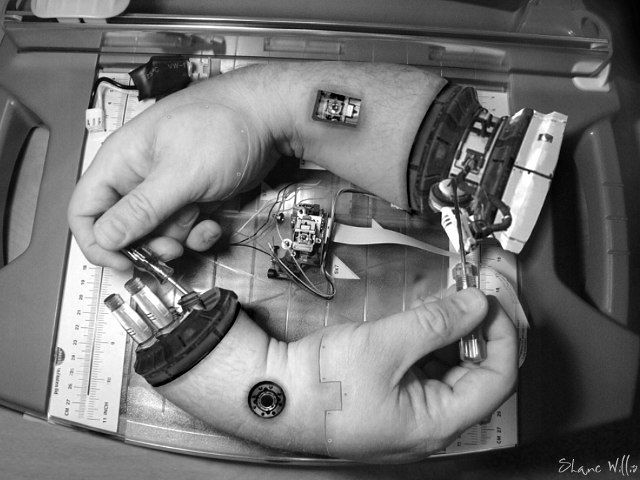This evening begins with a panel session in which Marco Colombetti, Pavlos Moraitis, Pablo Noriega, Axel Polleres and Carles Sierra will talk about Agreement Technologies (AT).
AT is a paradigm for next-generation open distributen systems, based on the concept of agreement between computational agents. AT has a ‘cake’ (just as web services technology), that establishes the technologies needed for create such systems: semantics, norms, organisations, argumentation&negotiation and trust. All this activities are integrated in a COST action about Agreement Technologies (#IC0801). More information on the AT COST action web site. This initiative is very closely related with the Agreement Technologies group.
Semantics
Semantic aligment is an important issue in open environemnts, where agents meets and interact freeley. The main goals of this groups are
- integration of ointologies with non-monotionic rules
- quering over distributed ontologies
- aligment with existing semantic web standards, enriching them with methods to enforce policies and trust online.
Norms
Reasoning about norms in MAS at design time and run-time to adopt, comply, enforce and modify normative systems. The three main challenges are
- how to define formal, non-ambiguus and machine understandable nomrs
- normative reasoning and negotiated flexibility
- usability of norms
Organisations
There’re meny interesting common points between organisations and agreements: an agreement is made in the context of an organisation, but meny times an organisation itself is the result of an agreement. Its main challenges are
- how to model organisations
- how agreements can be achieved in an organisational context
- teamwork (team creation, build collective plans, corrdination or dissolution)
- organisational change
- implementation (architecture, patterns, environments&tools or verification)
Argumentation & Negotiation
There’s a lot of work done, but the interesting point is how aditional information is provided to the agents to try to convince them with adequate arguments. This way can facilitate the achievement of agreements. Pending issues are
- the notion of concession is not modelled
- how agents choose the and offer to propose in each dialogue step
- deeper investigatiom on the notion of tactics and strategies
- decision-making models to reach satisfactory agreements
Trust
It is very important after the agreement has been achieved, when agents decide to honour the agreement or not. The idea is focus on groups working on semantics, norms and social models to model trust. Important things to think about are
- scalability (social network models, large scale systems, negotiation)
- semantics (not defining a single global ontology, but deal with misbehaviours and misundestandings)
- similarity (how to use past experiencies to assest how much ‘trust’ you can put non an agreement)
- balence between norms and trust (the more norms you have, the less risk the opponent has and the less trust measures has to be taken)
After the exposition, some conclusions and questions.
Tags: agreement, agents, semantic, norms, organisation, argumentation, negotiation, trust

